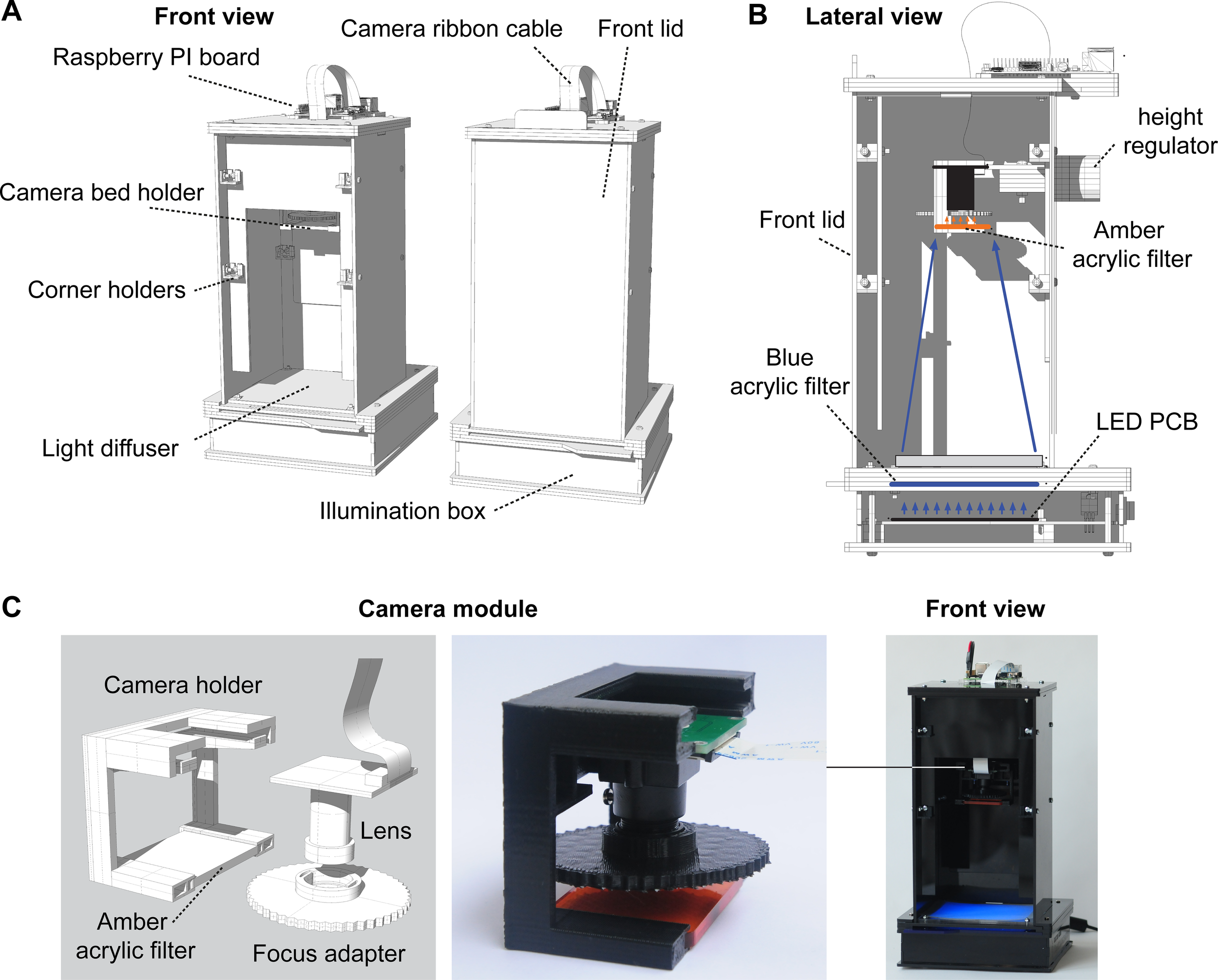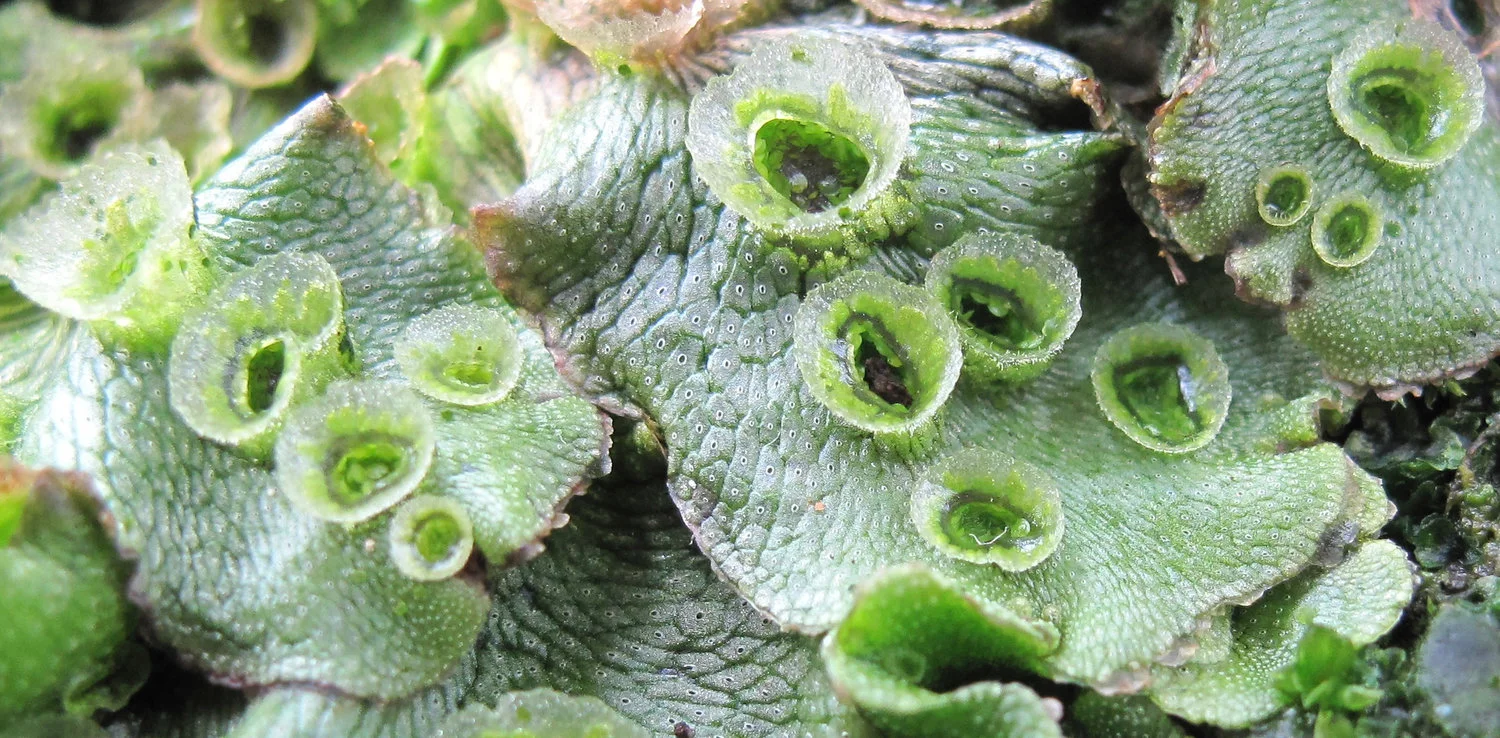Vacancy: Lecturer or Senior Lecturer in Synthetic Biology
We seek an excellent scientist and inspiring teacher who uses synthetic biology methods in research programmes such as genome engineering, biotechnology, metabolic engineering, genetic circuit design and engineering (both in vivo and cell free), bio-sensing, multi-cellularity and tissue engineering, regenerative medicine, novel vaccine development or addresses key questions in molecular or cell biology. The Edinburgh Genome Foundry’s facilities for automated DNA assembly can support large-scale synthetic biology and synthetic genomics research and we would be particularly enthusiastic about research programmes that took advantage of these capabilities.
You will have the ability, enthusiasm and breadth of vision required to be a future leader in this rapidly moving field. You will pursue an independent research programme, working collaboratively and leading a team. You must have an established track record of relevant publications and the potential to win future investment in research, and will be expected to engage with both commercial and public research users and funders. You will be enthusiastic about teaching and student-centred learning for both undergraduate and postgraduate students.
The University of Edinburgh is a vibrant, research-driven community offering opportunities to work with internationally leading academics whose visions are shaping tomorrow’s world. The School of Biological Sciences is one of the UK’s largest and most highly rated life sciences departments, providing an innovative environment for research and teaching with a strong emphasis on interdisciplinary research. SynthSys, the Centre for Synthetic and Systems Biology, is one of the largest groupings of systems and synthetic biologists in the UK with expertise ranging from microbes to mammalian cells working on applications in biotechnology and medicine as well as contributing to foundational and fundamental research. SynthSys is highly multidisciplinary with members from the schools of engineering, informatics, chemistry, physics, social sciences, medicine as well as biological sciences. You will join a team of group leaders working at the interface between molecular cell biology and quantitative science, with strong links in biotechnology.
Informal enquiries: Prof Susan Rosser susan.rosser@ed.ac.uk
This posts are full time and open ended.
Salary: UE08 £39,992 - £47,722 per annum / UE09: £50,618 - £56,950 per annum
Closing Date: Thursday 22nd March 2018 at 5pm (GMT)
To apply: www.vacancies.ed.ac.uk search for #042732

![[Closes 24 Nov 2107] Apply now to the OpenPlant Fund!](https://images.squarespace-cdn.com/content/v1/54a6bdb7e4b08424e69c93a1/1509564315902-TUO4I6QRWI9TT8UGSIAJ/OpenPlantTwitter_400x400+%281%29.jpg)

![[Closes 7 Mar 2017] OpenPlant Research Associate (Haseloff Lab)](https://images.squarespace-cdn.com/content/v1/54a6bdb7e4b08424e69c93a1/1486552818859-FH76MCA8SMFU93WB85RX/OpenPlantTwitter_400x400.jpg)













